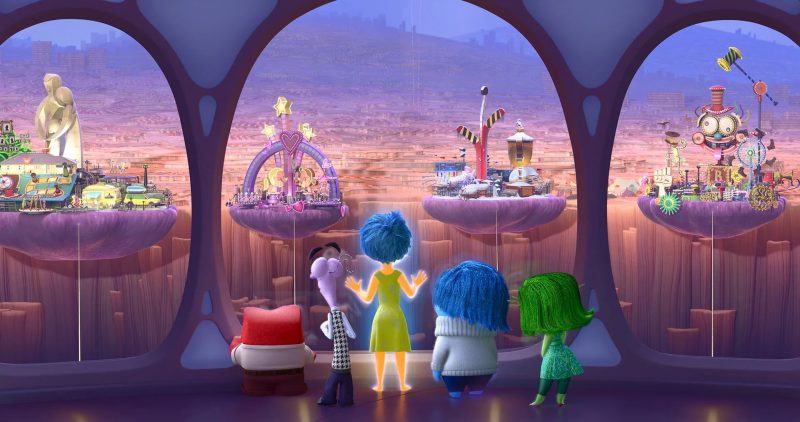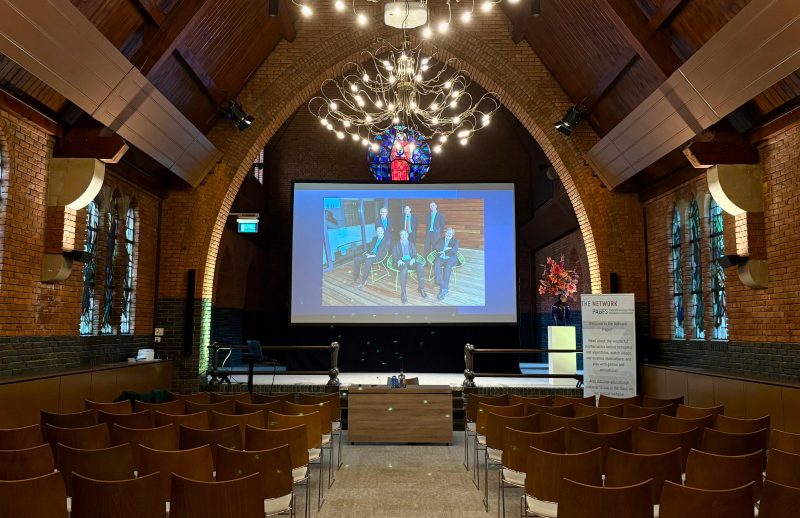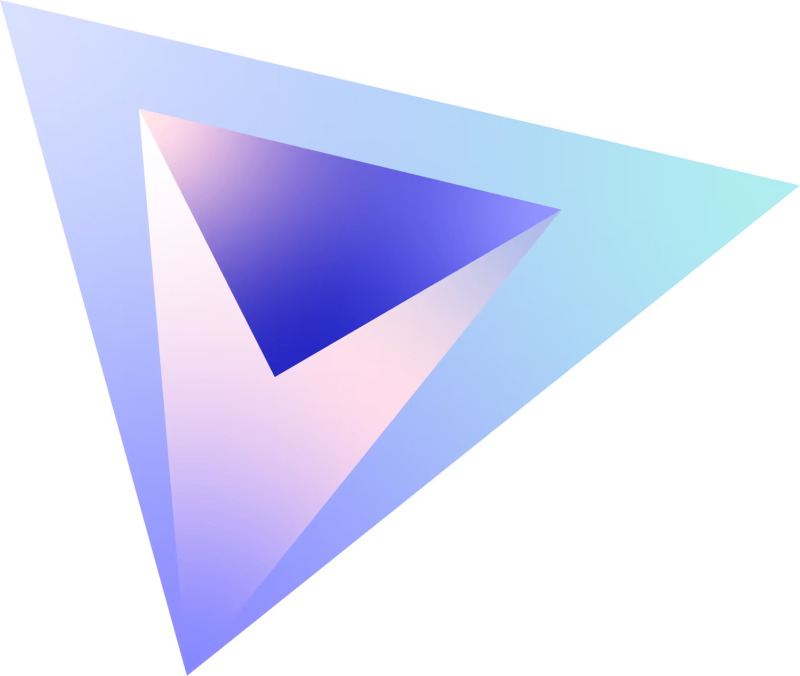After more than ten incredible years, the NETWORKS programme will officially conclude at the end of 2025. In light of this approaching milestone, the final NETWORKS conference took place on Monday, October 27 and Tuesday, October 28 at Kontakt der Kontinenten in Soesterberg. The event, organized for everyone who has worked with or been closely connected to NETWORKS over the years, was both a conference and a reunion. The Monday was filled with personal stories and memories. On Tuesday, many researchers gave short presentations about their academic endeavors. Together, the two days demonstrated the incredible impact that the program has had on its participants, both personally and professionally.
NETWORKS is a collaborative research initiative involving four major Dutch institutions: University of Amsterdam, Eindhoven University of Technology, Leiden University, and Centrum Wiskunde & Informatica (CWI). The NETWORKS consortium focusses on modeling, understanding, controlling and optimizing networks that are complex and highly volatile. It brought together researchers from stochastics and algorithmics, and ran for a period of 10 years.
At the time of the conference, 50 PhD theses had successfully been defended and there were 19 left to go. The program had also housed 34 postdocs and a grand total of 139 researchers had been involved in the program, depending on the definition of an associated "researcher" that one takes. These numbers were presented by Michel Mandjes in his opening presentation "Reflections on Leading a Large Research Project." He looked back on writing the NETWORKS grant proposal with his colleagues in a time when networks were an ideal research topic: interdisciplinary, relevant and theoretically interesting. Michel, who was later referred to as 'the fearless leader of it all' by his colleagues, also reflected on how the scientific landscape had evolved since the start of NETWORKS in 2014.
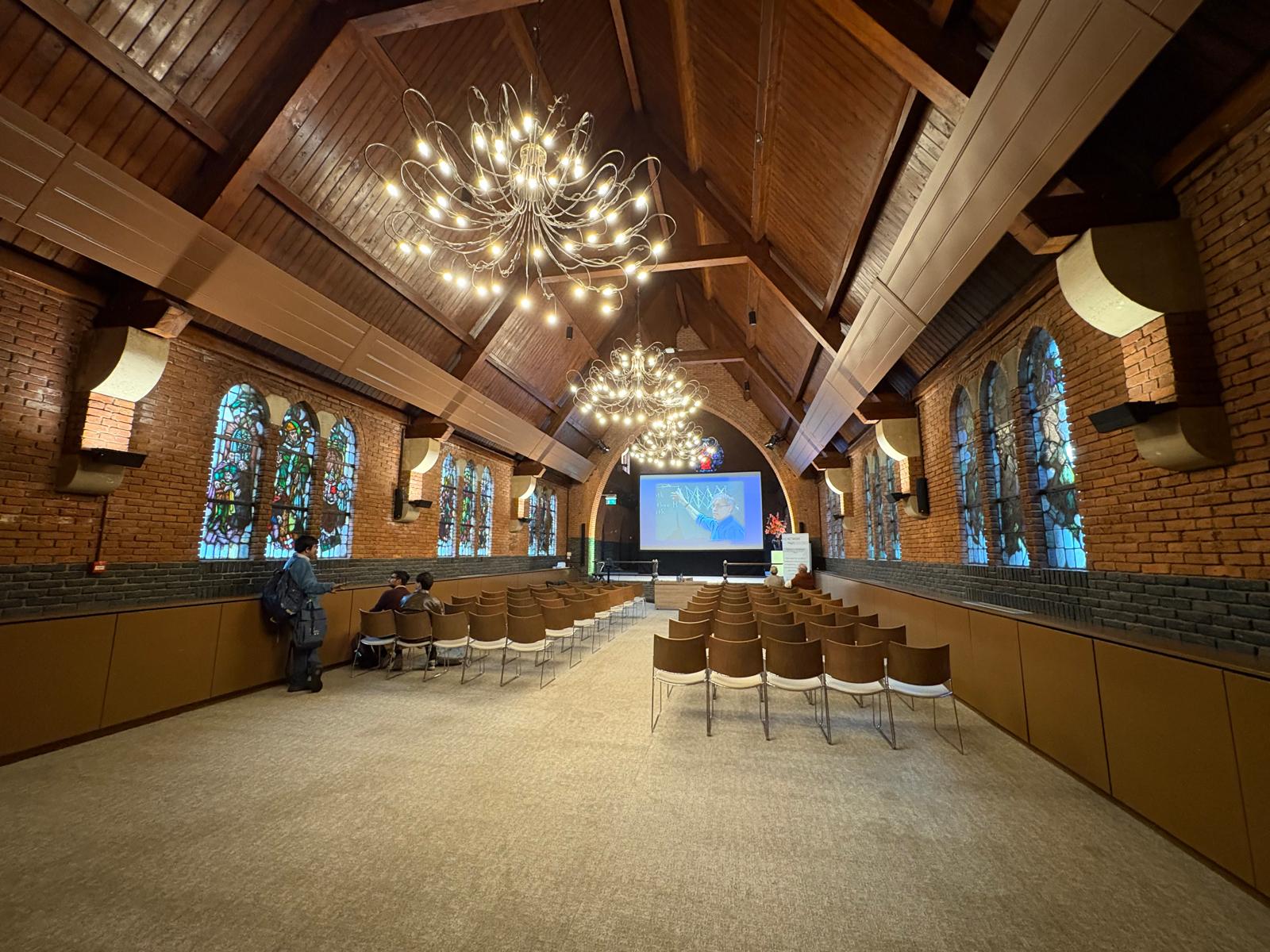
The main presentation hall in which the concluding NETWORKS conference took place. Upon entry on Monday afternoon, a slideshow of photos taken throughout the NETWORKS program was on display.
Michel's presentation was followed by Lucas van Kreveld's "The NETWORKS Trading Game". In honor of the programme's end, Lucas designed a card game that encouraged interaction and cooperation between attendees. The goal: combine cards to form an academic work, each card containing elements like 'Theorem', 'Proof' or 'Example'. Players could choose a topic (i.e. 'Scheduling' or 'Queueing Theory') and a type of work (i.e. 'Applied Paper' or 'Survey'). Scores were determined by various rules. Every player received an envelope with random cards and a subset of the rules. To figure out the rules and to build an academic work, players needed to talk and trade. The submission deadline was Tuesday 14:30.
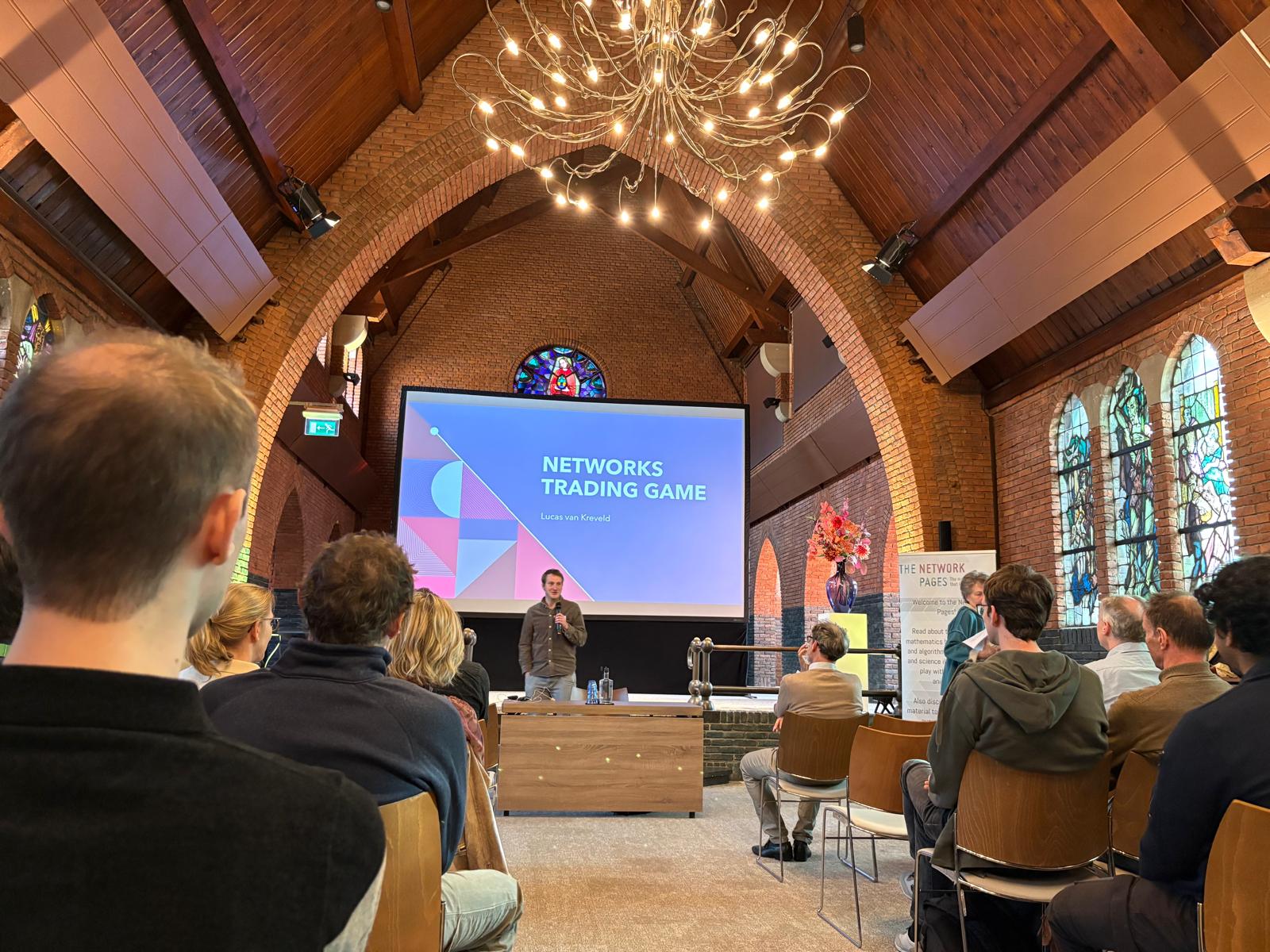
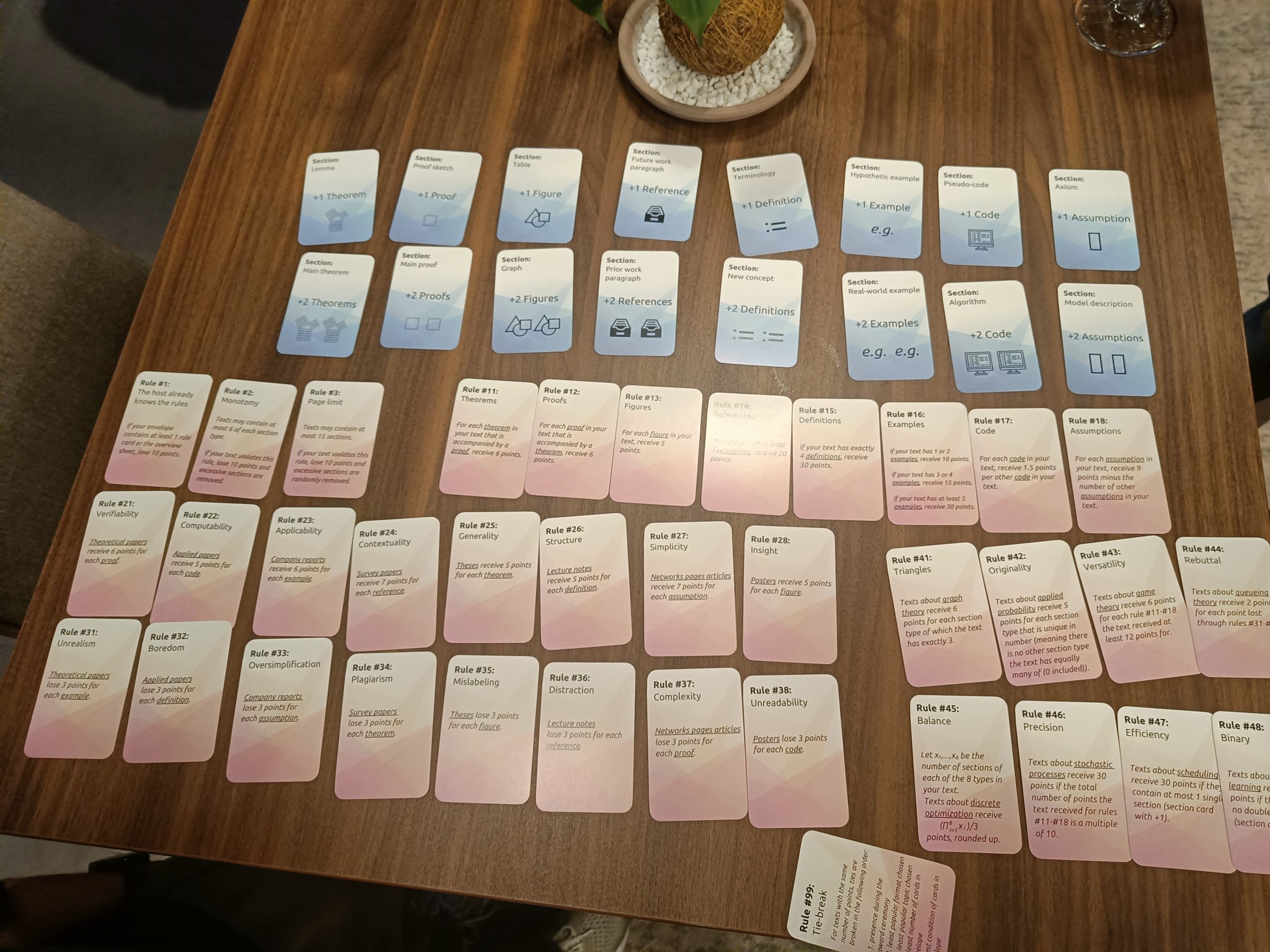
On the left: Lucas presenting "The NETWORKS Trading Game." On the right: a selection of cards and all the rules.
After the Trading Game, it was time for the first personal stories. First up was Onno Boxma, who recalled the moment in which the project team first heard that they had received the Gravitation grant from Netherlands Organisation for Scientific Research (NWO). The news was met with great excitement, but the information was still confidential. Like Onno, many remember this ecstatic day vividly. Sten Wessel gave a 'minicourse' on networks. Not mathematical networks, but NETWORKS! The lecture consisted of shared experiences of NETWORKS members and various inside jokes, all packed inside the course's syllabus. The main theorem, that "NETWORKS has been successful in building stable connections within and between disciplines," was proven with a picture.
More personal stories followed. Bart Post and Henk Alkema both obtained their PhD's within NETWORKS and now apply their knowledge in a company. Bart is a Senior Consultant at CQM and spoke about analyzing a warehouse for CB and optimizing a traffic system for Valys. Henk now works for Scholt Energy and revealed how network-related problems pop up in the energy sector.
A common denominator among the personal stories was the deep appreciation for the programme's support staff, in particular Marieke Kranenburg. Having managed the project from start to finish, NETWORKS would not have been possible without her. Frank described her appointment as project manager as a "brilliant move", or "golden opportunity", depending on how you translate the Dutch expression he used. "Coming out of a meeting with Marieke," he added, "I would often have a big smile on my face." Marieke's own presentation, the last one of the day, beautifully showed how much she enjoyed the full duration of NETWORKS and how much it meant to her personally. As a gift of appreciation for the management team, she made each member a stunning, personalized, hand-woven piece of art.
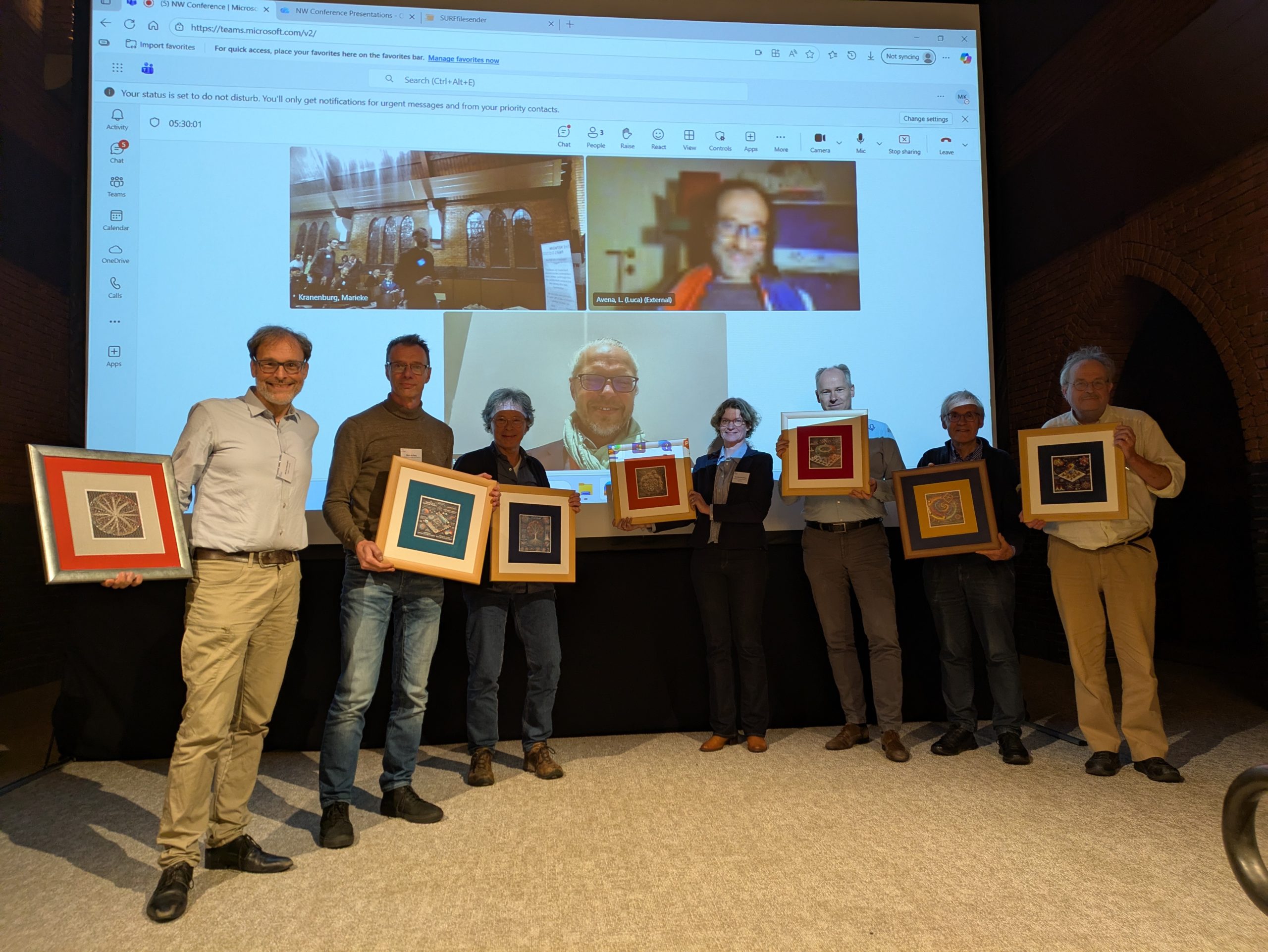
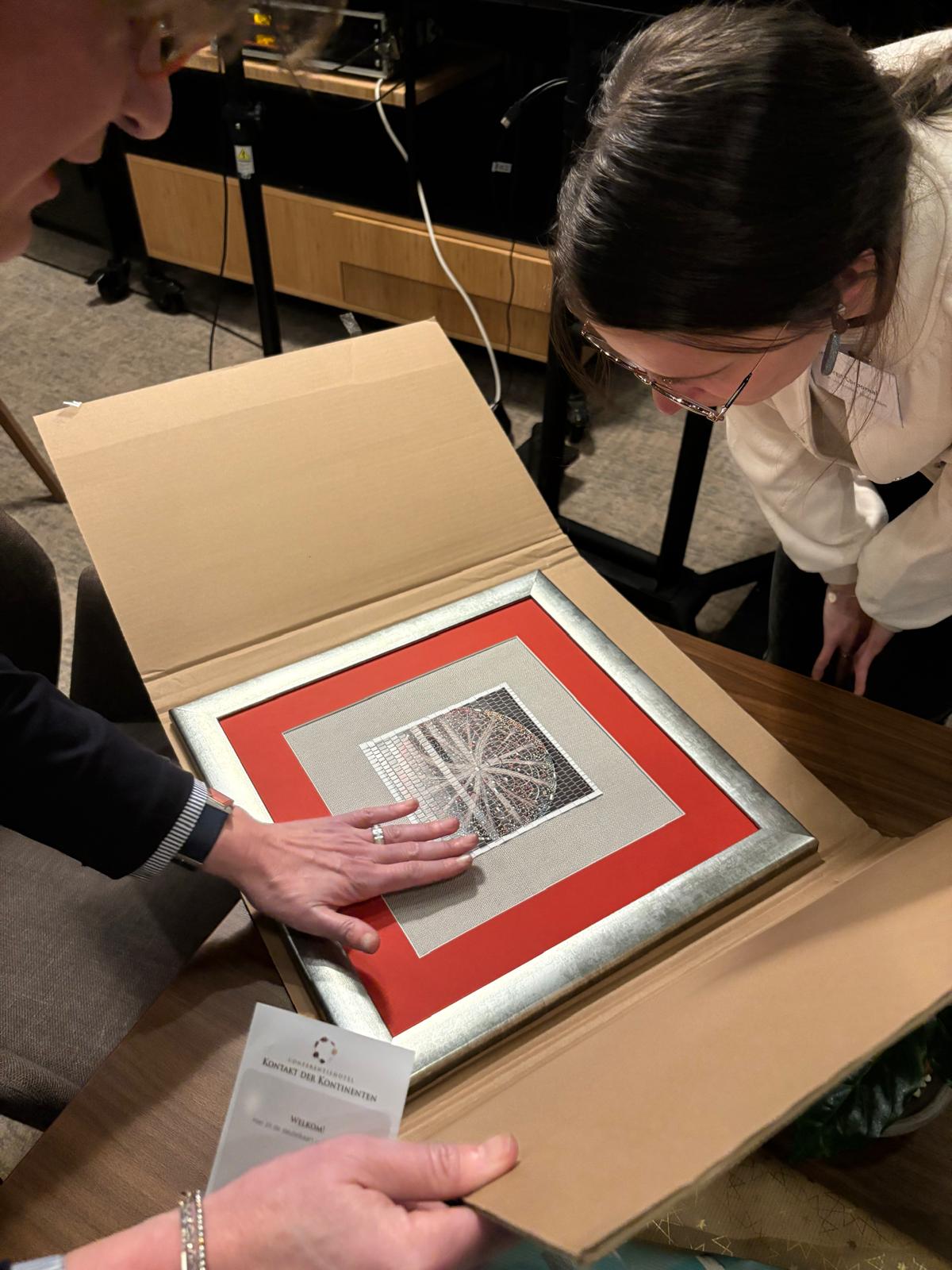
Unique pieces of woven art crafted by Marieke Kranenburg for each member of the NETWORKS management team.
On Tuesday, Luca Avena further highlighted how much a large research project like this means for its people. He added that "Together, the NETWORKS people truly are more than the sum of their parts." Remco van der Hofstad had to join online because he was in Atlanta, Georgia to receive the INFORMS APS Best Publication Award.
Tuesday was not centered around personal stories though, it was all about mathematics! A total of 24 researchers, divided over two rooms, presented their research: past work within NETWORKS, current projects, or both! Some examples: Nelly Litvak on using machine learning on network growth data to find random graph models that fit real-life networks, Frits Spieksma on the new Champions League schedule and scheduling in other sports tournaments, Leen Stougie on learning-augmented algorithms (an intersection between algorithmics and machine learning), Hans de Ferrante on sex disparity in organ donation programs, and Stella Kapodistria on ten years of her stochastics operations research in maintenance scheduling.
A NETWORKS event would not be complete without a (secret) social activity: "bamboo and rubber bands," which was also the surprise social activity of the first NETWORKS Training Week. Using bamboo and elastic rubber bands, groups of participants competed to build the tallest tower. Later, participants constructed two large pyramids. Over the years, a total of 19 training weeks were organized, each with memorable social activities.
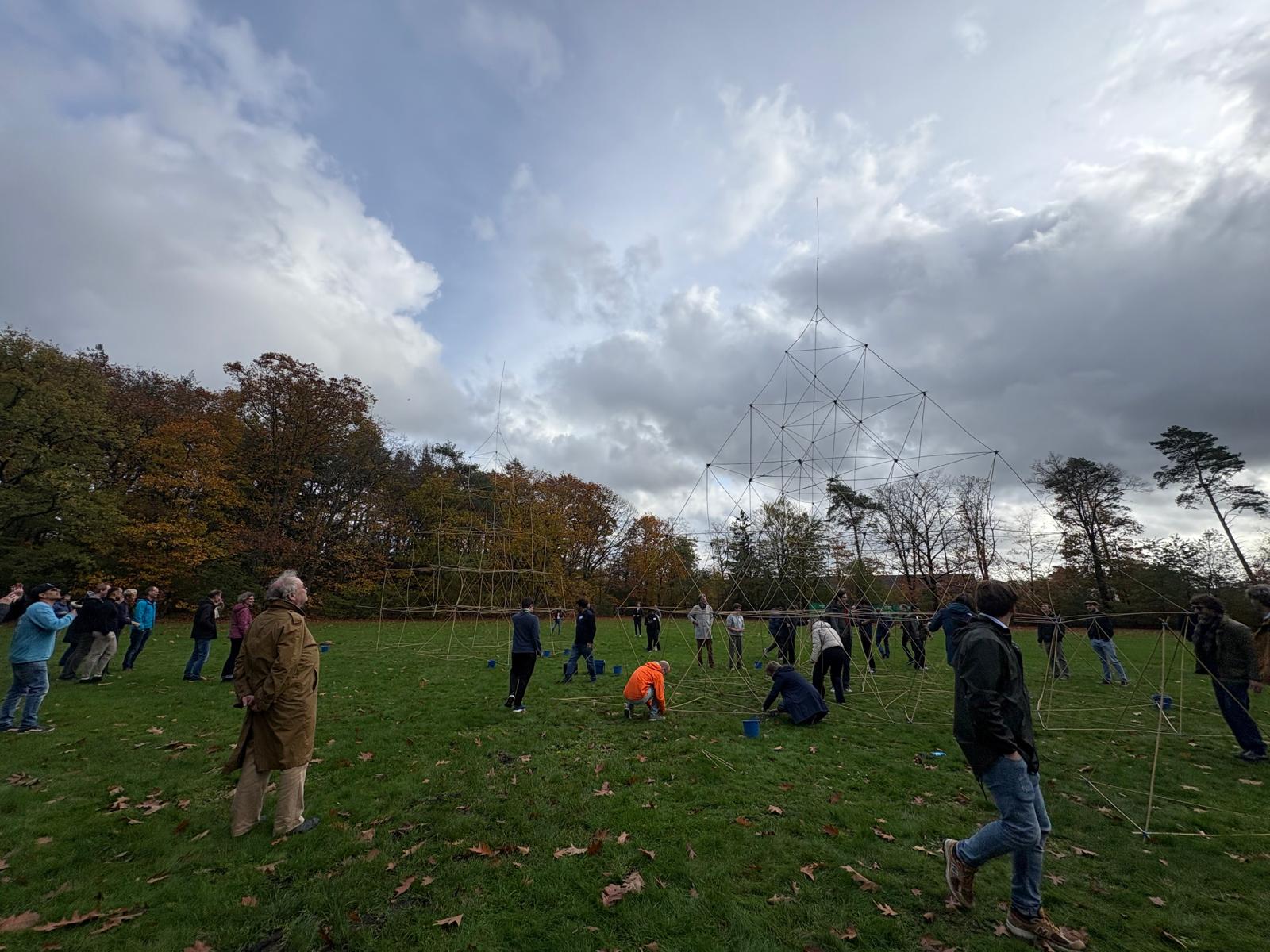
Two big pyramids made of bamboo during the social activity.
The social activity was not the only time reserved for fun. On Monday evening, Marieke Kranenburg and Mark de Berg organized a pubquiz, with rounds ranging from "Math and Computer Science celebrities" to "Match the thesis cover to the researcher." As Frank den Hollander put it: "Science and fun, that's the secret."

